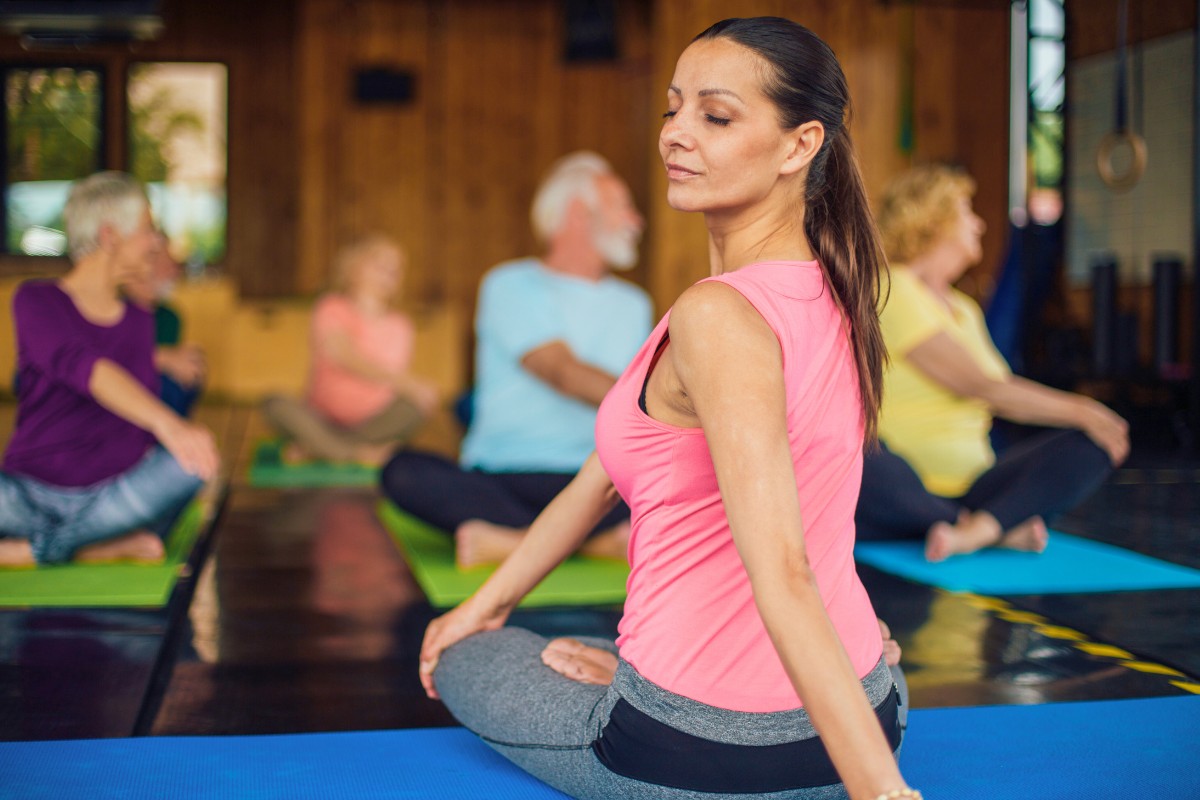Proximity to fast-food joints and bars might have more consequences for your health than you think. A recent study suggests that living closer to these establishments could increase the risk of heart failure by 16%. The theory is simple: easy access to unhealthy food options might lead to poor dietary choices, ultimately impacting heart health, especially in areas lacking fitness facilities.
Listening to Sleep
New research reveals that hearing soothing words while asleep can significantly calm heart activity, promoting deeper sleep. This challenges the notion that sleep disconnects us entirely from the external world, highlighting the brain-body connection even during slumber. Incorporating relaxing meditations or having a partner whisper comforting words could enhance sleep quality, emphasizing the importance of minimizing external disturbances like television before bedtime.
Post-Workout Recovery
Feeling drained after a workout? Ginseng might be the answer. A recent study suggests that consuming ginseng can reduce fatigue and aid muscle recovery post-exercise. This natural supplement, commonly used in Chinese medicine, not only boosts athletic performance but also lowers the risk of injuries, offering a holistic approach to fitness recovery.
Yoga for the Mind
Can yoga combat memory decline? New research indicates it might. A study focusing on older women at risk of Alzheimer’s found that Kundalini yoga significantly improved memory perceptions and increased hippocampal connectivity compared to standard memory exercises. These findings underscore yoga’s potential as a preventive measure against age-related cognitive decline.

Speech Speed and Brain Health
While you don’t need to talk a mile a minute for better brain health, speech speed could hold significance. A study reveals that the overall speed of speech, particularly in tasks like picture naming, strongly correlates with brain health across age groups. Assessing speech speed could serve as an early indicator of cognitive decline, offering insights into brain function.
Slowing the Aging Process
Higher education might be the key to slower biological aging and reduced mortality risk, suggests a recent study. Individuals with advanced education levels exhibit a slower pace of biological aging, attributed to healthier lifestyles and better access to healthcare. This highlights the far-reaching benefits of education beyond academic achievement.
As we navigate the ever-evolving landscape of health research, these insights provide valuable glimpses into optimizing well-being. From mindful sleep practices to holistic fitness approaches, each discovery offers a pathway to a healthier, more vibrant life. Stay informed, stay proactive, and embrace the journey toward optimal health and wellness.







